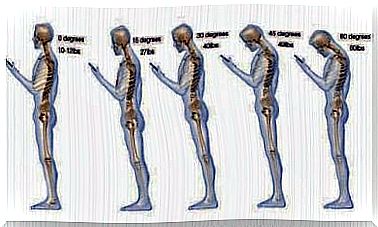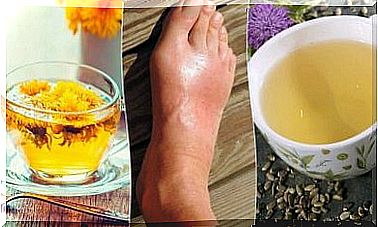9 Helpful Facts About Ovarian Cysts
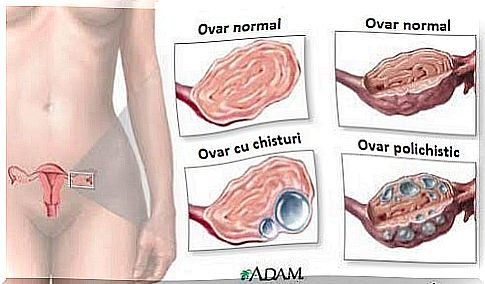
Most women have heard of ovarian cysts, which is one of the most common problems that can affect the female reproductive system. This benign disorder develops in the ovaries and, if not treated in time, can cause complications.
In most cases, ovarian cysts are not a major health hazard. But it is essential for any woman to know what an ovarian cyst is and what to do if she is diagnosed with the problem.
To give you a helping hand, in the following we invite you to discover nine of the most important information regarding ovarian cysts. Read on and remember!
1. What are these ovarian cysts?
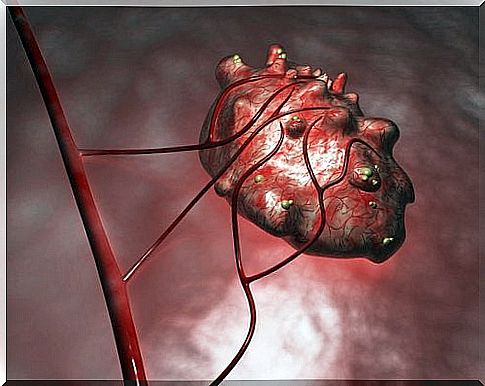
Ovarian cysts are small fluid-filled sacs that form on the ovaries. Their size varies from a few millimeters to over five centimeters. Every time a woman goes through ovulation, a small cell or follicle forms on one of her ovaries. When the egg is ready to be fertilized, this follicle breaks.
If the egg is not fertilized, the follicle is usually reabsorbed by the ovary. However, when this process does not take place, the follicle turns into an ovarian cyst.
2. The most vulnerable ages
Women are prone to the development of ovarian cysts in the period between puberty and menopause. In general, ovarian cysts disappear once a woman reaches menopause, but in some cases they can occur after this time.
3. Associated factors

So far, specialists have not discovered why cysts form on the ovaries. However, there are certain factors that have been associated with a high risk of developing this health problem:
- Irregular menstruation
- Fertility treatments
- Hormonal imbalances
- Hereditary factors
4. Main symptoms
The symptoms of ovarian cysts can be confused with those caused by common diseases. The worst thing is that these symptoms are not initially visible, and many women choose to ignore them. Cysts can trigger the following alarm signals:
- Irregular menstruation
- Abdominal and pelvic pain radiating to the back and legs
- Severe pelvic pain before and after menstruation
- Severe pain during intercourse
- Nausea and vomiting
- Hypersensitivity to breast tissue
- Feeling of heaviness
- Abdominal distension
- Pressure in the rectum or bladder
5. How is ovarian cysts detected?
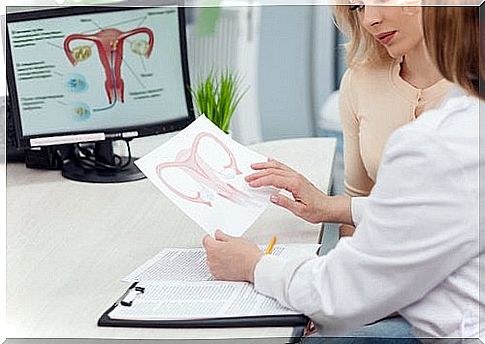
If you suspect that you have developed an ovarian cyst, it is necessary to undergo a pelvic examination and an ultrasound or MRI. If you really suffer from this problem, your doctor will do blood tests to determine if you need to remove the cyst or not.
6. How are ovarian cysts treated?
Your gynecologist will recommend that you have regular checkups to check if the cyst has been reabsorbed. If it increases or causes pain and other complications, your doctor will recommend that you take birth control pills or undergo surgery.
7. Impact on fertility
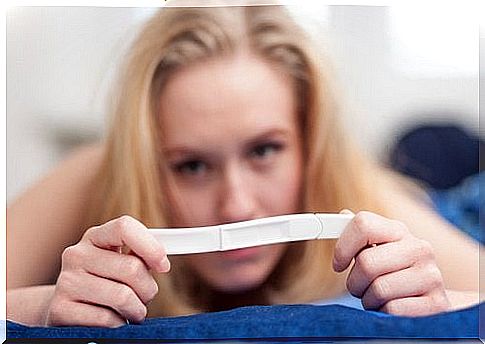
One of the main concerns of women who develop an ovarian cyst is that it will affect their fertility. In general, ovarian cysts do not prevent conception, but sometimes they can disrupt ovulation.
Moreover, if the cyst becomes too large, it will alter the functioning of the ovaries and deform them, affecting your long-term fertility.
8. Ovarian cysts usually do not appear during menopause
A woman who has reached menopause should not develop ovarian cysts. If this problem occurs, then you need to start worrying. According to experts, the formation of cysts or tumors during menopause can signal the presence of cancer. Only a doctor can give you a correct diagnosis.
9. Polycystic ovary syndrome
Polycystic ovary syndrome is the appearance of bundles of 7-10 cysts on the surface of the ovary. The main cause of this disorder is hormonal imbalances. Polycystic ovary syndrome causes difficulties during ovulation.
If you suffer from this disorder, it is necessary to follow an appropriate treatment. Polycystic ovary syndrome can be accompanied by menstrual disorders, infertility, excessive hair growth on the body and more.
In most cases, ovarian cysts do not cause severe symptoms and disappear on their own. But it is essential to undergo a medical check-up regularly to catch any serious problems in time.


